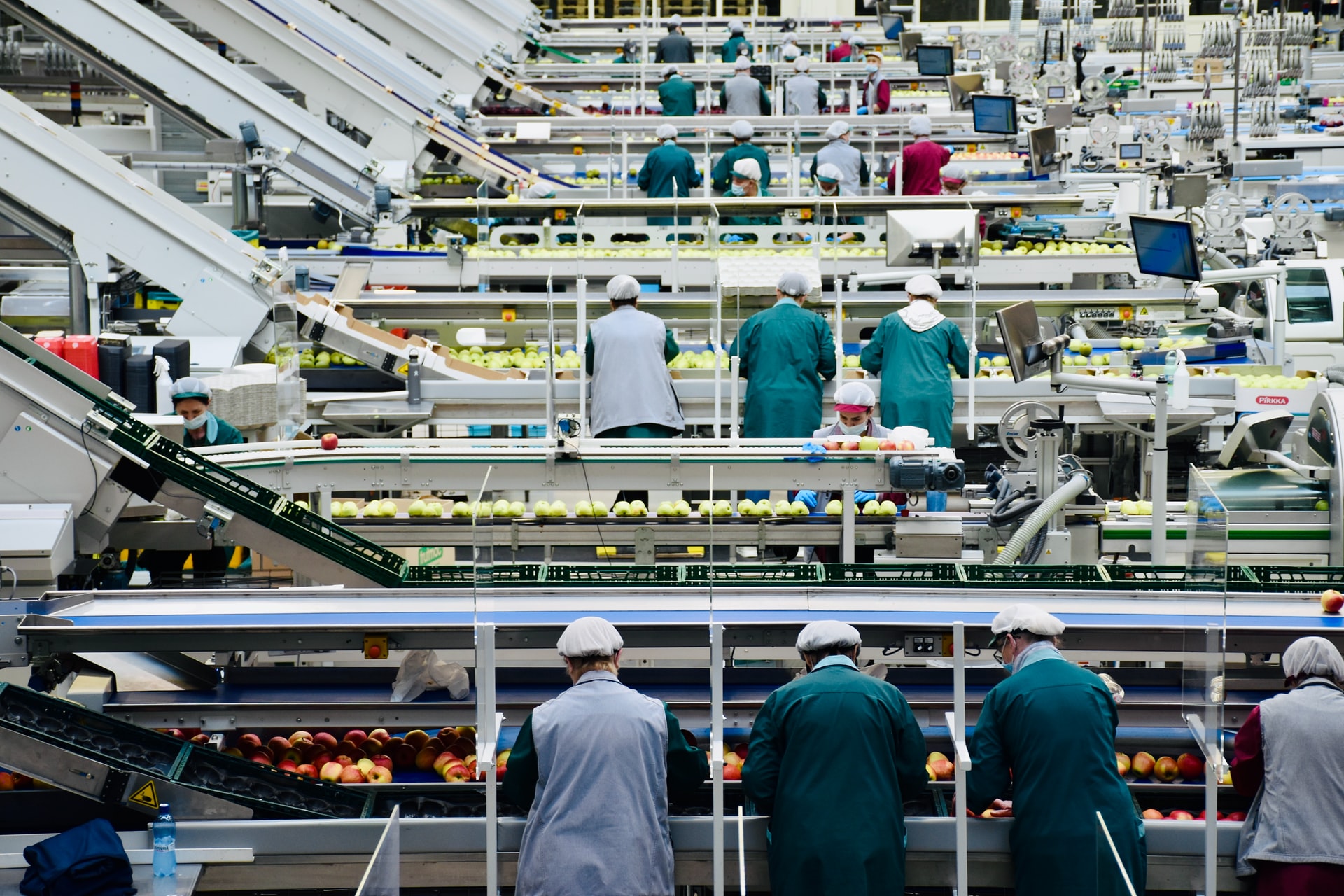There are likely to be many times when you are forced to work night shifts. It doesn’t matter if you are a nurse, admin, or porter – you’ll find yourself dealing with this often. Luckily, there are certain things you can do to better cope with night shifts. Here are some of the best tips to use.
Every NHS professional believes having a good work and life balance is key to keeping you healthy and happy. Working for the NHS can be a good way to pick the right hours to suit your preferences and lifestyle. You want to look out for yourself as much as you do for your patients.
1. Take Naps
Believe it or not, naps work. Try to take a nap before your shift starts. If you can fit it in, you can also get a 10 to 20-minute nap break while at work. These naps can give you a lot of usable energy. They can help you re-charge. The key is to keep yourself from sleeping too long during these short-burst naps. Sleeping too long can have detrimental effects on your energy levels as you’re more likely to wake up less energized and groggy. Here are some good sleep hygiene tips
2. Eat Throughout Your Shift
One of the key things you want to avoid is stuffing your face before your shift. It can be tempting to eat a large meal before your shift to keep yourself from getting hungry. However, this is best avoided. This will only take a lot of your energy away from you. Instead, try to fix yourself small portions of snacks that you can eat throughout your shift. This can help you retain your energy levels and avoid having the majority of your energy go to digesting your food. If you’ve ever been tired after eating too much, you likely know the feeling. Try to fill up on slower releasing foods like potatoes. Complex carbohydrates are ideal. But you also want your snacks full of protein as well as supplements. Here are a list of foods that help with melatonin production and help regulate sleep.
3. Don’t Rely Too Much On Caffeine
A lot of people tend to rely far too much on caffeine intake. While having a coffee before your shift can do wonders for your energy levels, you do want to avoid doing it later on in your shift. Drinking too much caffeine later at night is only going to make it increasingly difficult to fall asleep. This could end up being detrimental to your energy levels because you won’t be getting quality sleep outside of working hours.
4. Keep Yourself Hydrated
Staying hydrated is one of the most important things you can do for your energy levels. When you get dehydrated, you can feel lethargic. Your heart ends up having to pump a lot harder when you don’t have enough water in your system. This can keep you from feeling energized. Luckily, staying hydrated isn’t difficult. If needed, remind yourself on your smartphone or smartwatch. Drink water throughout your shift and you’ll have your energy up in no time.
5. Melatonin

